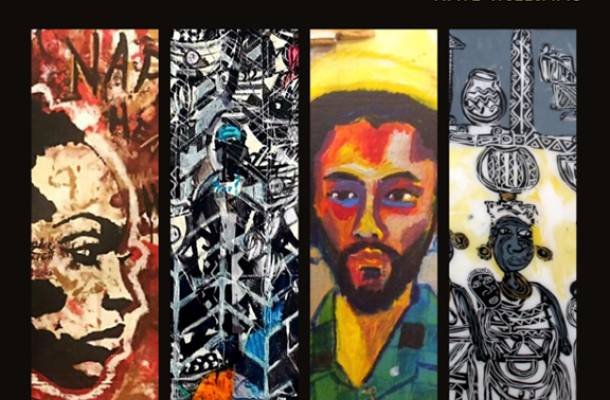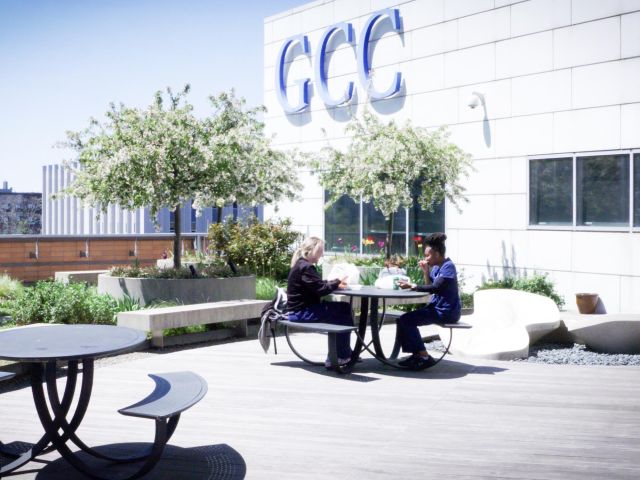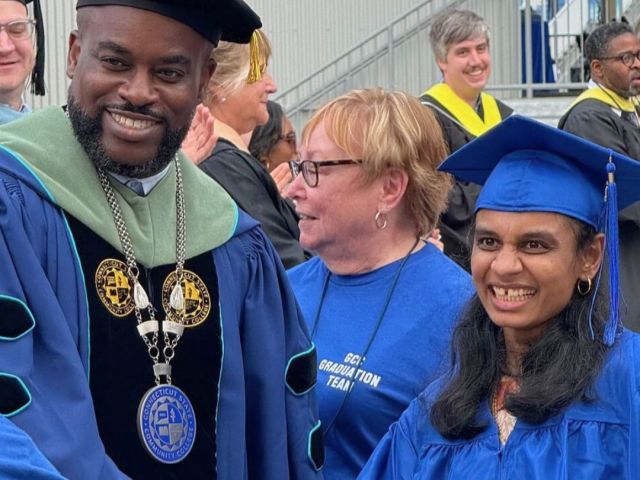News Center
Bringing you the latest news and events from Gateway Community College.
If Beale Street Could Talk Book Discussion Looks at Treatment of Blacks in Recent History
Share

A book discussion celebrating Black History Month offered a compelling examination of the treatment of blacks in recent history while dissecting the impact of laws that appeared to target specific groups.
The discussion on February 28 in the Library Multipurpose Room centered on the novel If Beale Street Could Talk by James Baldwin, which was recently made into an Academy Award-winning film directed by Barry Jenkins. English Professor Renee Gaines spoke about the book, which is a love story about childhood best friends who fell in love as adults and whose lives are shattered by a false criminal accusation.
Renee noted that the book provides a vivid background for understanding African American history. The story takes place in New York where there was significant corruption and the incarceration of innocent black men was a problem. Renee added that Baldwin was a civil rights activist and dramatist. The book is an indictment of sorts.
Renee said that the book humanized black men at a time when they were often viewed as criminals. She noted that the language in the book was raw. The book was published in 1974 and Baldwin is known for making the argument for healing racial tensions in the U.S.
Dr. Kristina Veselak of the Social Science department spoke to faculty, staff and students about how laws in the U.S. have targeted certain groups, particularly young black urban men. Drugs that were connected to blacks have tended to have harsher penalties. Particularly in the 1970s, drug and crime policies seemed to have been put in place to threaten people, Kristina said. For example, punishments for crack cocaine were six to eight times more stringent than for cocaine.
Kristina, who teaches criminology and sociology, cited a statistic that one in every three black males born today can expect to go to prison at some point in their lives, compared with one in every six for Latino males and one in every 17 for white males. She noted that criminal justice reform is helping and while people are serving longer prison sentences, fewer new prisoners are being added.
Student Kaytlin Gomez, who is taking Introduction to Criminal Justice, said that she learned a great deal about black history from the book discussion. Kaytlin said that she is interested in criminology, so the theme of the book and movie explore topics that she has thought about.






